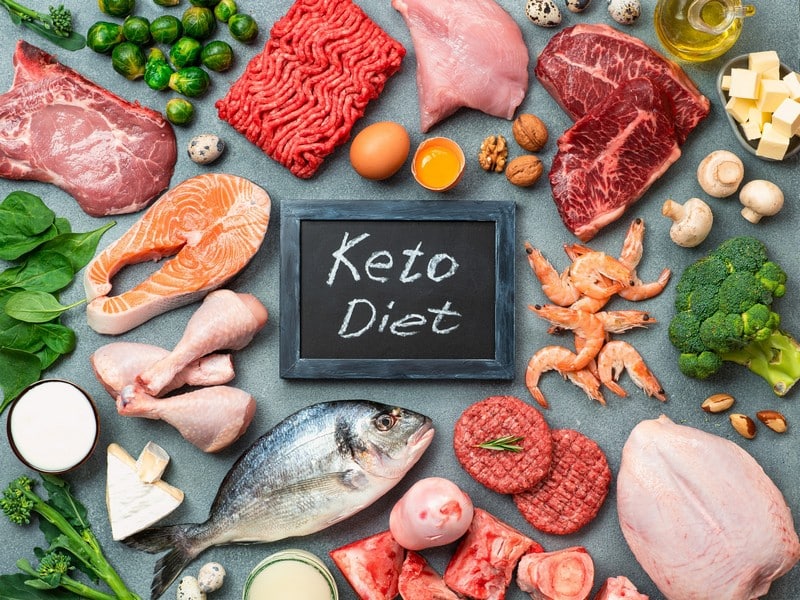Low-Carb Diet

A diet low in carbs is referred to as a low-carb diet, which is rich in protein, healthy fats, and various nutritious veggies. Carbohydrates are the primary stimulus responsible for the increase in insulin blood levels. Insulin is primarily known as a hormone for fat storage because it prevents fat from being used for fuel and is responsible for the conversion of excess sugar into fat via a process known as lipogenesis. Therefore, consuming a diet heavy in carbs leads to persistently elevated insulin levels and a gradual fat buildup.
The pancreas secretes insulin in response to the body’s conversion of carbohydrates into sugar, which causes sugar to be released into the blood. Insulin then moves sugar from the circulation into the cells. Eating fewer carbohydrates in smaller quantities more often throughout the day supplies the body with less sugar at each meal. This is confirmed by studies that demonstrate that maintaining a regular meal schedule improves insulin sensitivity.
Carbohydrates with a low glycemic index (GI) are preferable because they provide insulin more time to do its job effectively. Some forms of oatmeal, sweet potatoes, brown rice, and quinoa are examples of foods that fall into the category of low-GI carb sources.










